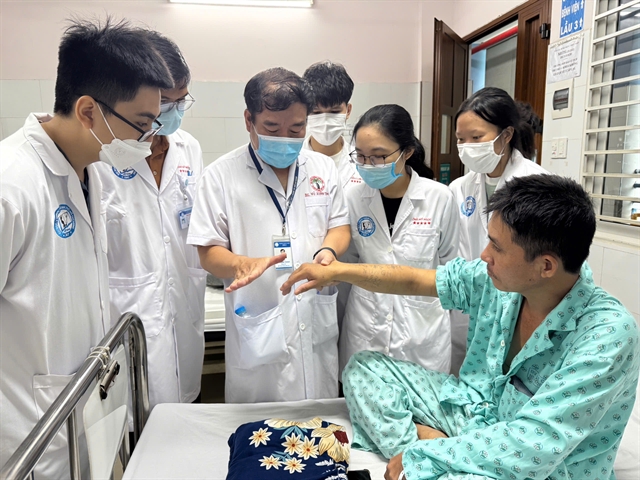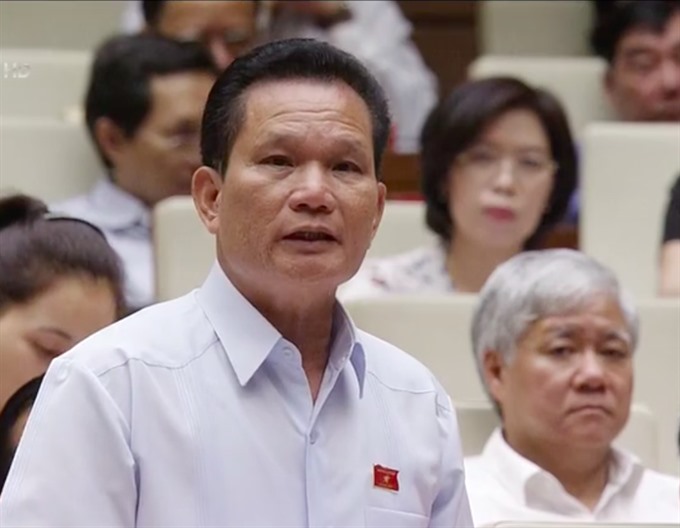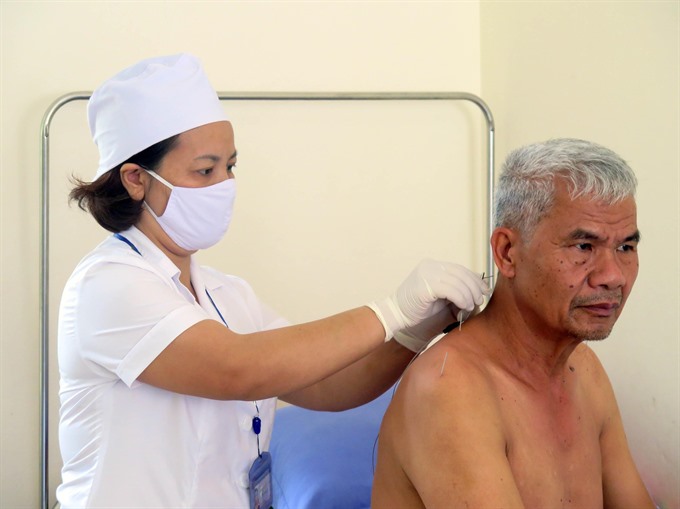 Opinion
Opinion

Vice chairman of the National Assembly’s Social Affairs Committee Bùi Sỹ Lợi talks to Đại biểu nhân dân (People’s Representative) newspaper about how grassroots healthcare system must be the foundation for improving the sector.
 |
| Vice chairman of the National Assembly’s Social Affairs Committee Bùi Sỹ Lợi |
Vice chairman of the National Assembly’s Social Affairs Committee Bùi Sỹ Lợi talks to Đại biểu nhân dân (People’s Representative) newspaper about how grassroots healthcare system must be the foundation for improving the sector.
What is your evaluation of Việt Nam’s grassroots healthcare system?
Việt Nam is considered by international organisations as a country with close to complete medical facilities. The country has 700 medical centers in districts, towns and cities, and over 11,100 commune, ward and township health clinics.
87.5 per cent of commune health clinics have doctors; 96 per cent of commune health clinics have midwives/obstetricians and more than 95 per cent of villages have hamlet or village health workers.
These figures confirm that the health sector in our country has expanded, focusing on investment in difficult areas. The facilities at many district general hospitals, medical centres, general clinics and commune health units are being improved and upgraded in terms of facilities, equipment and human resources. The quality of services provided by the grassroots healthcare system has improved in the areas of preventive medicine, medical examinations and treatment, environmental sanitation and food safety.
The development of the grassroots healthcare network is beneficial for the people, especially people in mountainous, remote and isolated areas.
You have also said that grassroots healthcare is not as effective as it should be. Can you elaborate on that?
Despite remarkable achievements, the reality is that the country’s grassroots healthcare system has not really adapted to the development of society and diseases. The quality of human resources remains weak, while investment remains low. About 40 per cent of commune health units do not meet national criteria, and preferential policies are failing to attract qualified staff at the grassroots level
 |
| An old man being diagnosed at the local health station in the northern mountainous province of Sơn La. — VNA/VNS Photo Diệp Anh |
The lack of human resources and professional limitations are a problem, and people do not have faith in grassroots healthcare units.
Results from some localities show that there are still some health workers who don’t have sufficient knowledge about reproductive healthcare, early detection and treatment.
Why do these issues exist and how should we tackle them?
I think that the cause is the healthcare system. There are too many units involved in conflicting management areas.
The grassroots healthcare system must be the foundation of the health sector’s development. Its utmost goal is to ensure that everyone has access to quality healthcare services without a financial burden. That means we need to build service quality and trust.
However, the crucial thing is to reform the financial mechanism on the proper evaluation of cost and effectiveness of investment in grassroots healthcare.
What reforms do you suggest?
Medical expenses need to be carefully calculated, and lists of technical services and drugs covered by health insurance should be updated to improve people’s access to quality treatment.
Reforms should also be conducted in State budget allocation and the use of the health insurance fund and other resources.
Policies for grassroots healthcare staff should be issued to ensure the continued operation of health units.
The ministry has submitted a decree to attract doctors and nurses to work at grassroots healthcare units, which proposes incomes of 1.8 to 2 times higher than at the central level.
It is also necessary to review the model of combining private sector and public sector in developing the grassroots healthcare system so that adjustment can be made accordingly.—VNS